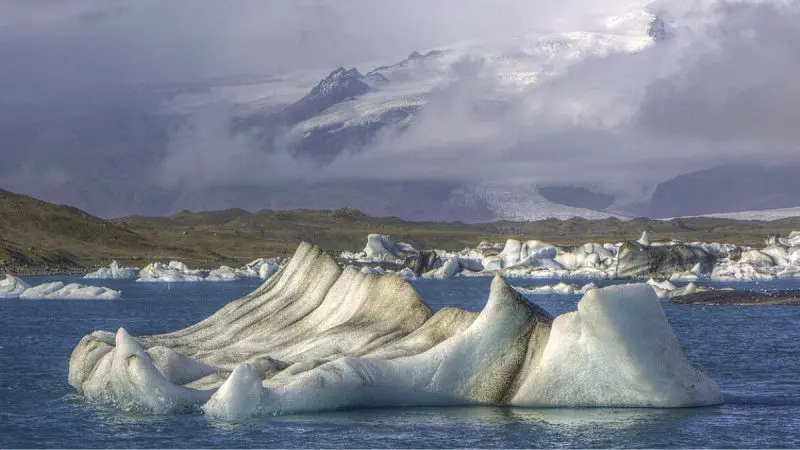Iceland’s tourism has always been a significant portion of the economy, drawing millions of tourists ready to savour the beautiful scenery and one-of-a-kind culture. Nevertheless, the State of Iceland is now working towards changes that will foster a more responsible form of tourism.
The resource fee that is suggested to be implemented on tourists along with the move towards high-value industries is meant to reduce the pressure on infrastructure, housing, and local communities while at the same time safeguarding the natural beauty of the country.
Iceland Tourism And The Imperative Of Change
The hospitality sector has been the pillar of Iceland’s economy, particularly since the 2008 financial crisis when a banking crisis resulted in a recession. Tourism saved the economy, but the recent influx of tourists has also exposed serious challenges.
The pandemic temporarily curbed tourism, but with the return of figures, issues relating to over-tourism, environmental damage, and strain on public services have increased. The government is increasingly moving towards regulation of the industry and mitigating its hold in Iceland’s economic sphere.
Prime Minister Katrín Jakobsdóttir said that most tourists look for a genuine and peaceful experience, and the government wants to make sure Icelandic tourism is sustainable and not crowded. With over 2 million tourists per year in a nation of only 367,000 citizens, there is a strong need for upgrading infrastructure and resource management.
Recent Developments For A Well-Balanced Economy
Iceland’s government seeks to find solutions to these problems by developing a plan which adds a fee to tourists’ resources. Furthermore, new regulations will limit the availability of short-term rentals like Airbnb to make housing more accessible to locals.
To diversify the economy, the government is also encouraging the establishment of high-productivity industries such as data centres and green energy generation. Iceland is trying to lessen the country’s dependence on tourism by focusing on industries that offer greater employment opportunities and economic stability in the long run.
A Future Of Sustainable Improvement
Tourism to Iceland will remain critical to the economy, but with these new policies, the attention is moving toward sustainability and responsible tourism. The government plans to maintain the attraction of Iceland while ensuring its roads, healthcare, and housing are not overburdened.
How Iceland attempts to reconcile tourism and cushioned impacts reflects the desire of the nation to preserve its picturesque beauty and enhance the living standard of its population. For the traveller, it is a reminder that the places they go to are not just touristic spots but communities that need care and give care.
Also Read: Indians Are Preferring These Indian And International Destinations For Summer Travels: Airbnb
Are these changes going to improve Icelandic tourism for the better in the future? Only time can tell, but one thing is clear – responsible travel is the solution.
Cover Image Courtesy: Wikimedia Commons
For more such snackable content, interesting discoveries and the latest updates on food, travel and experiences in your city, download the Curly Tales App. Download HERE.

